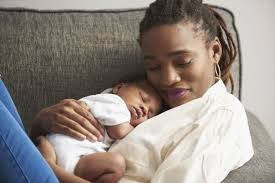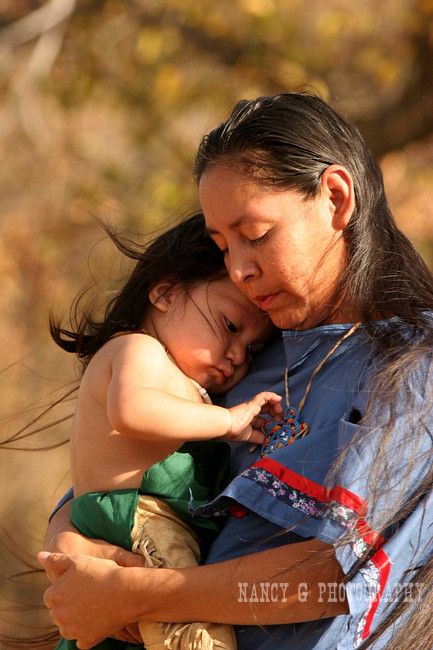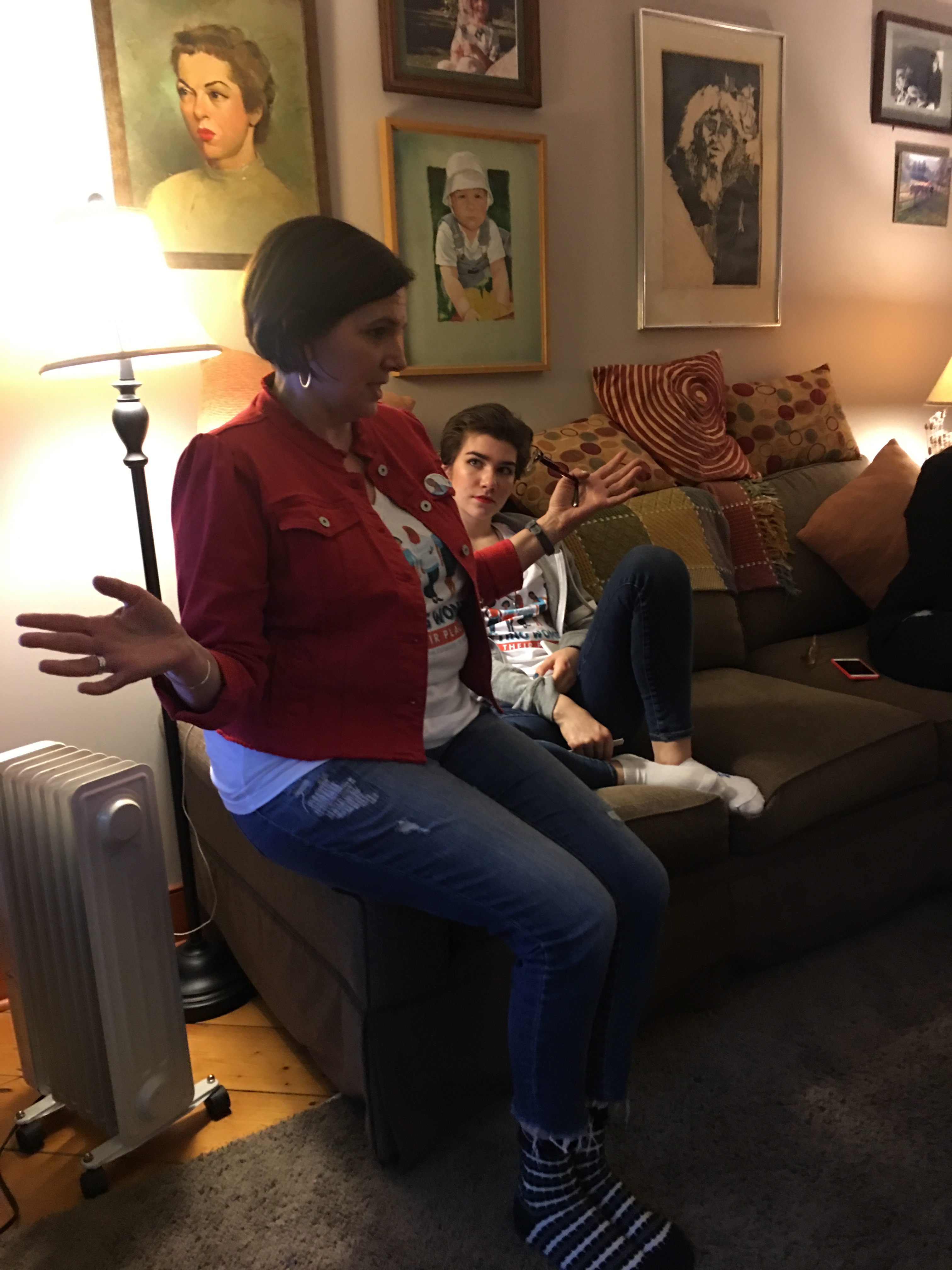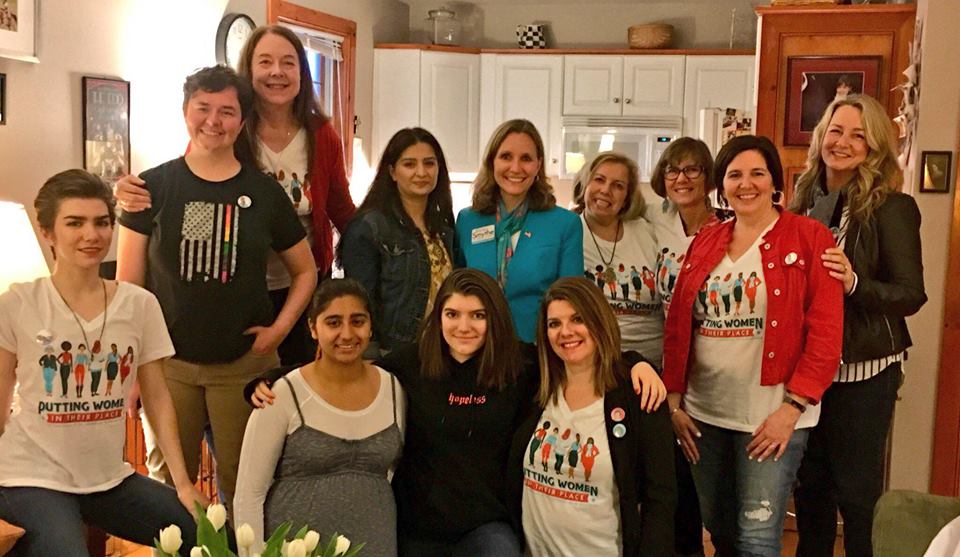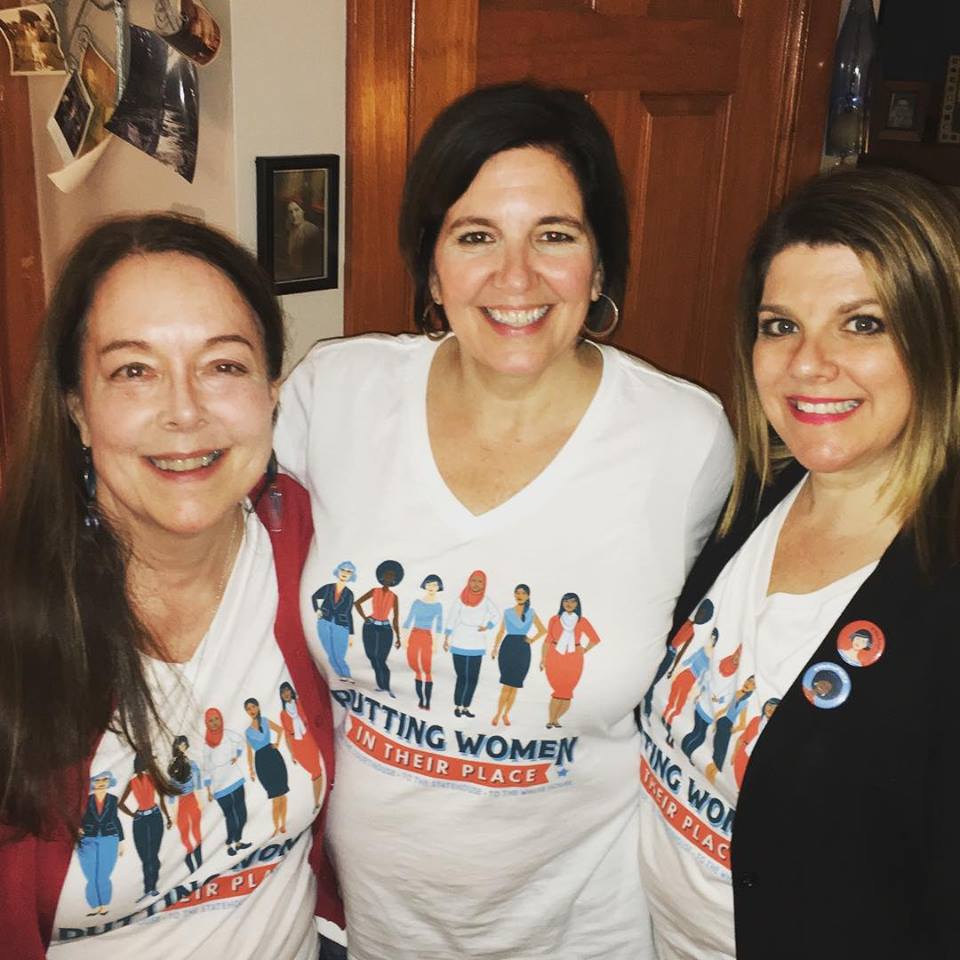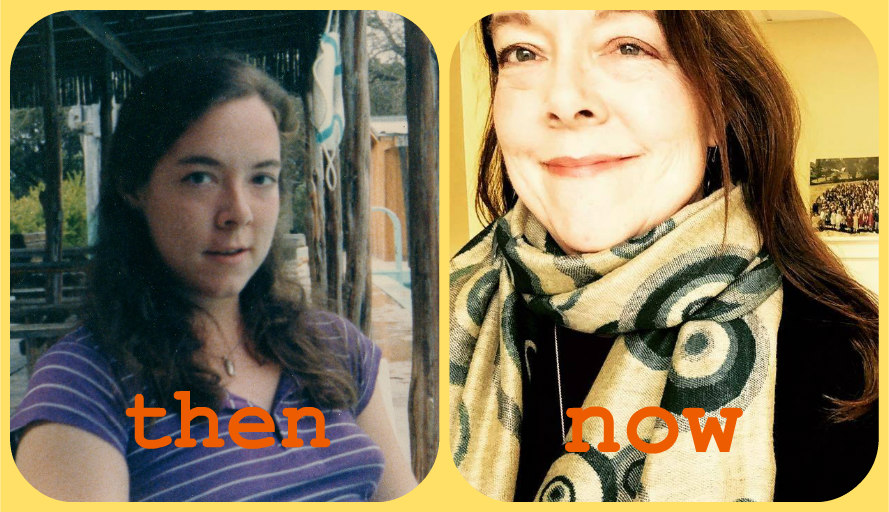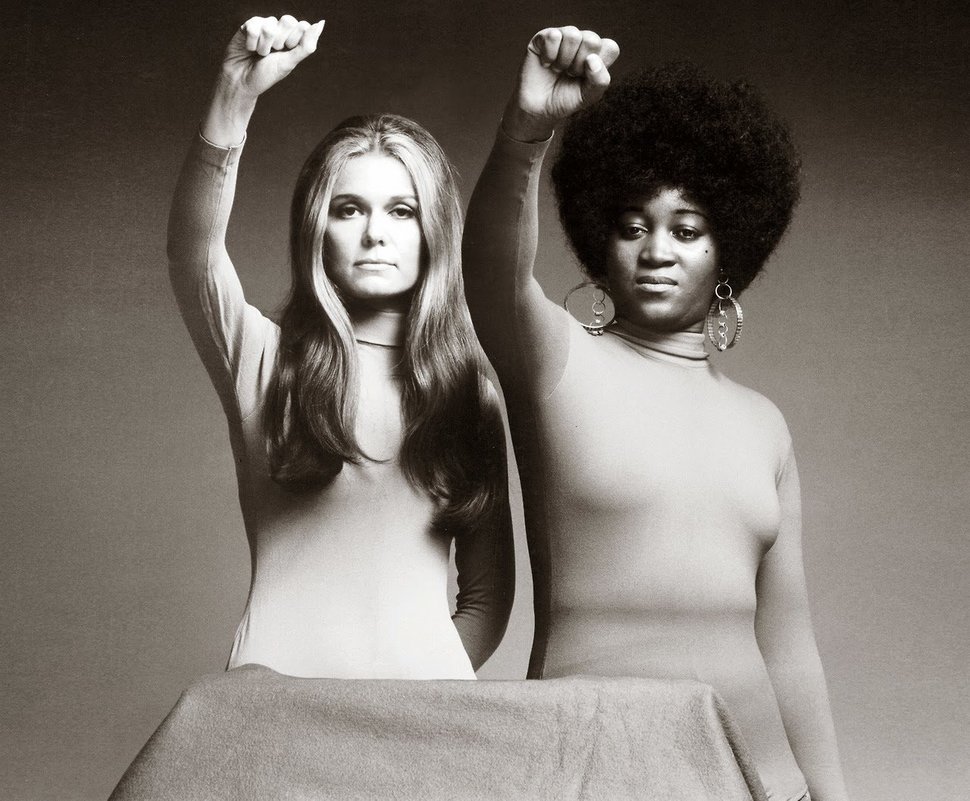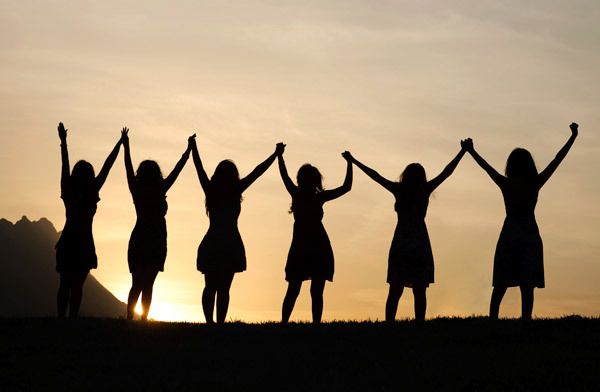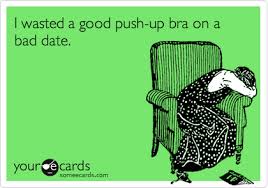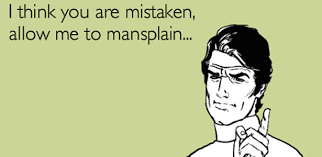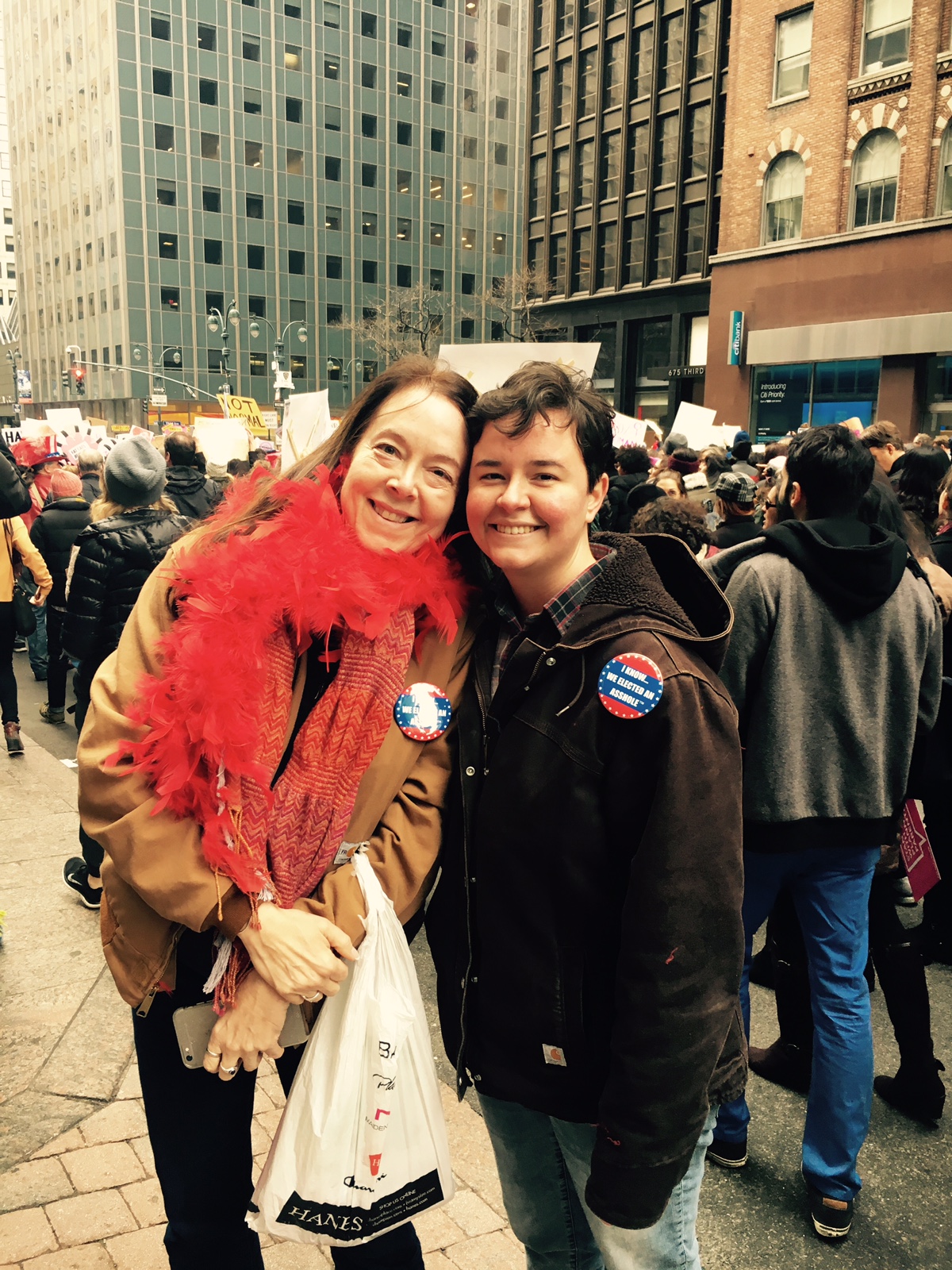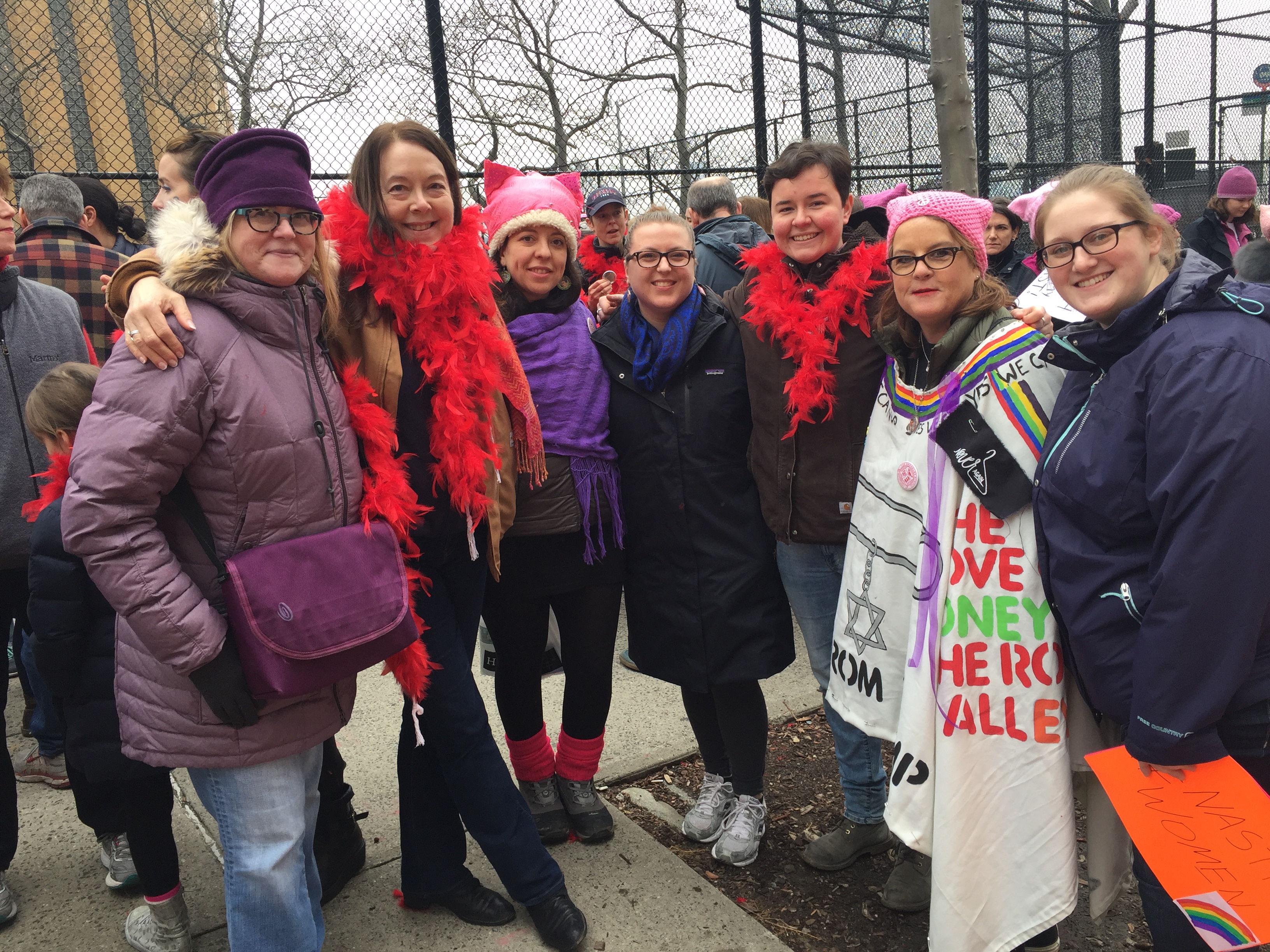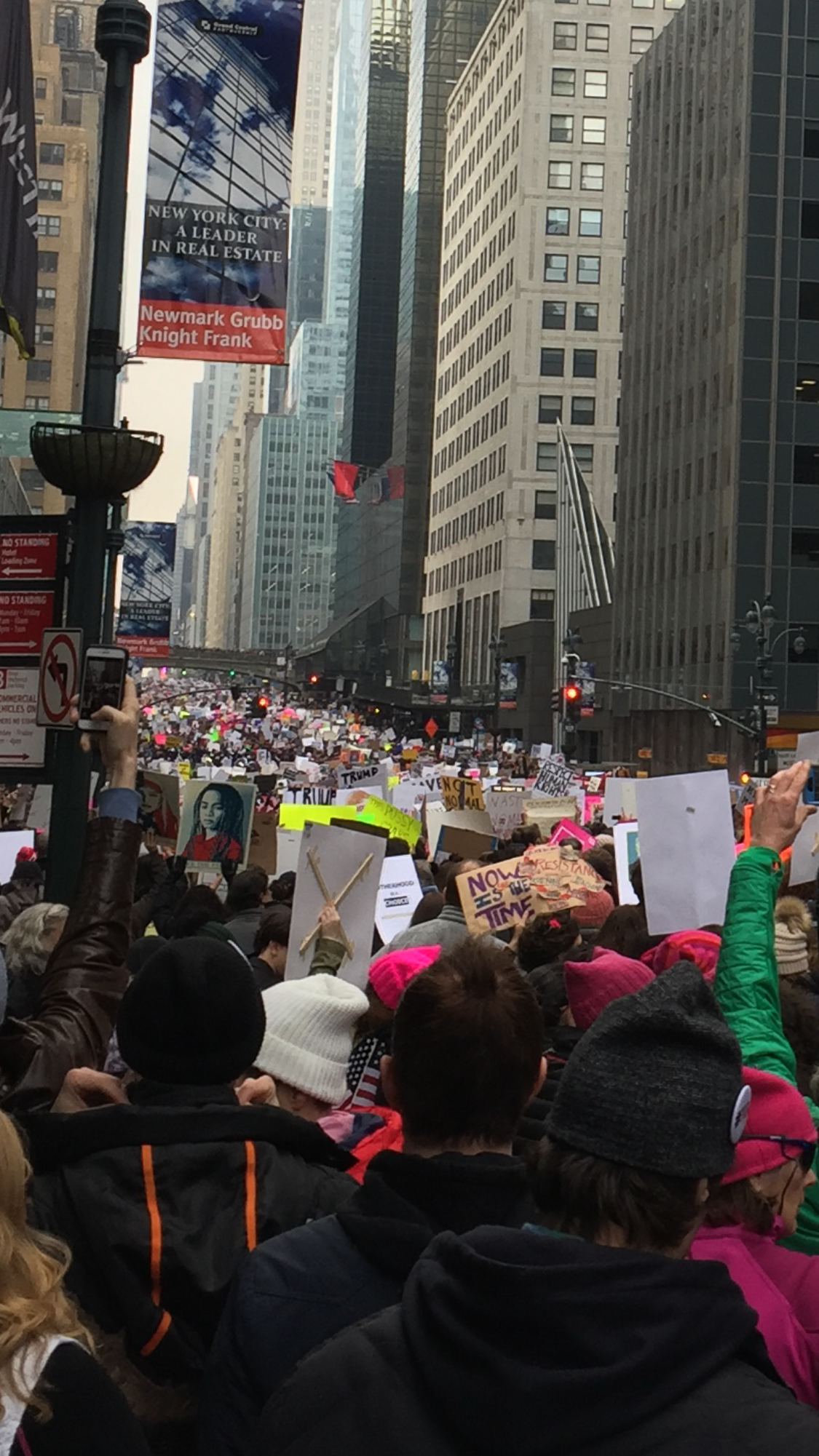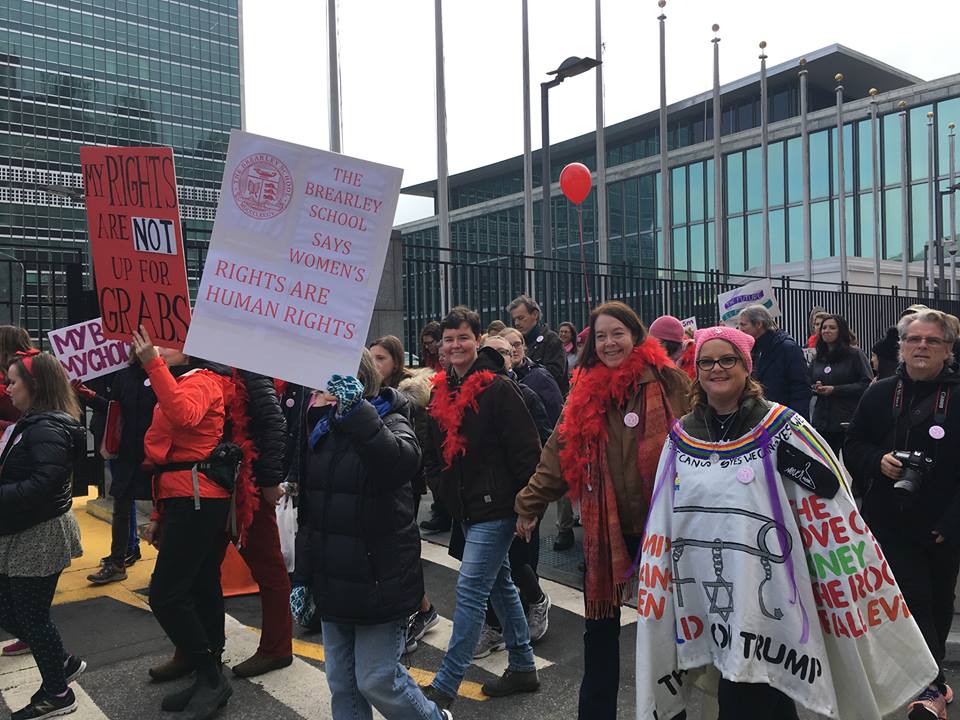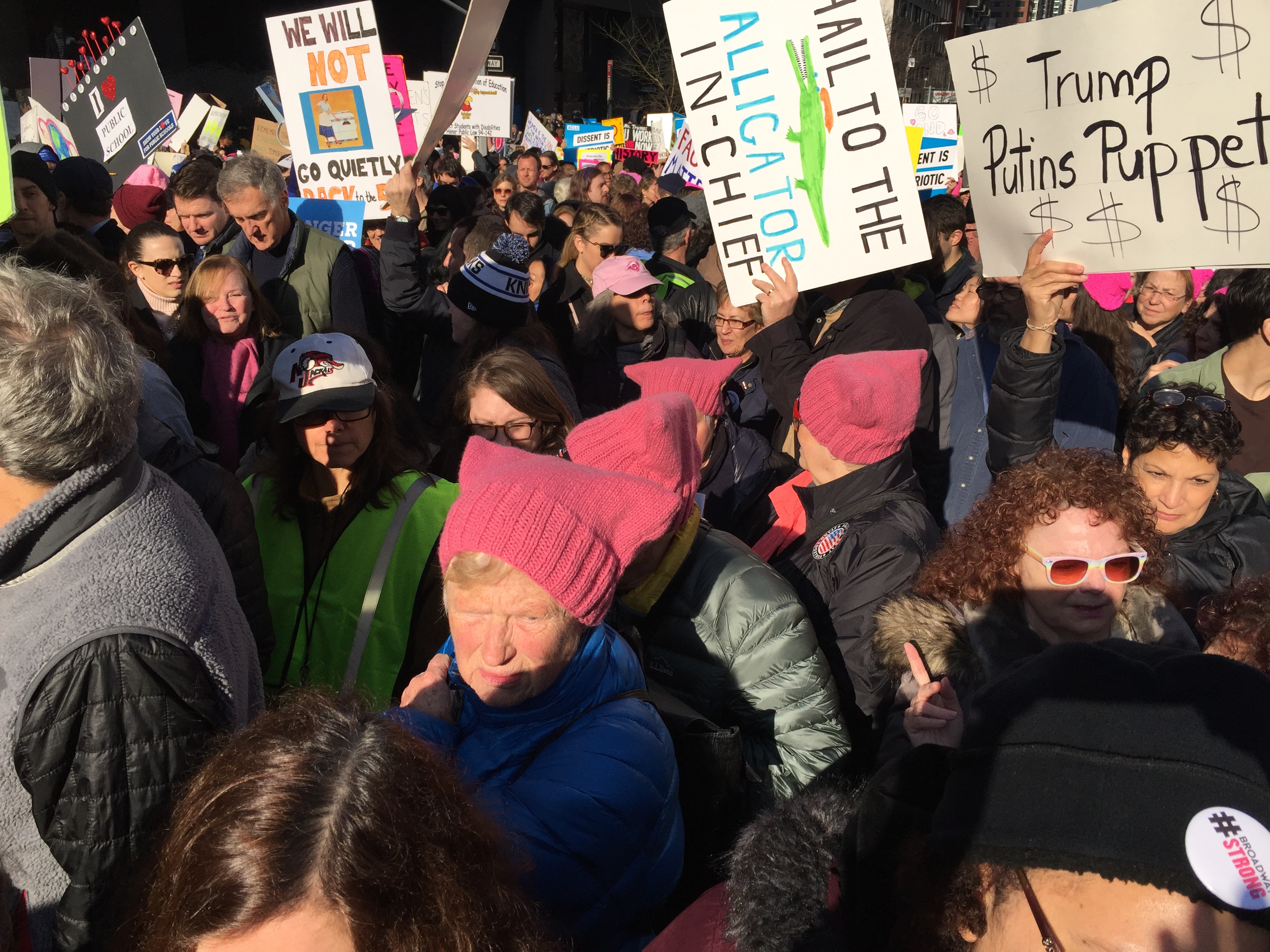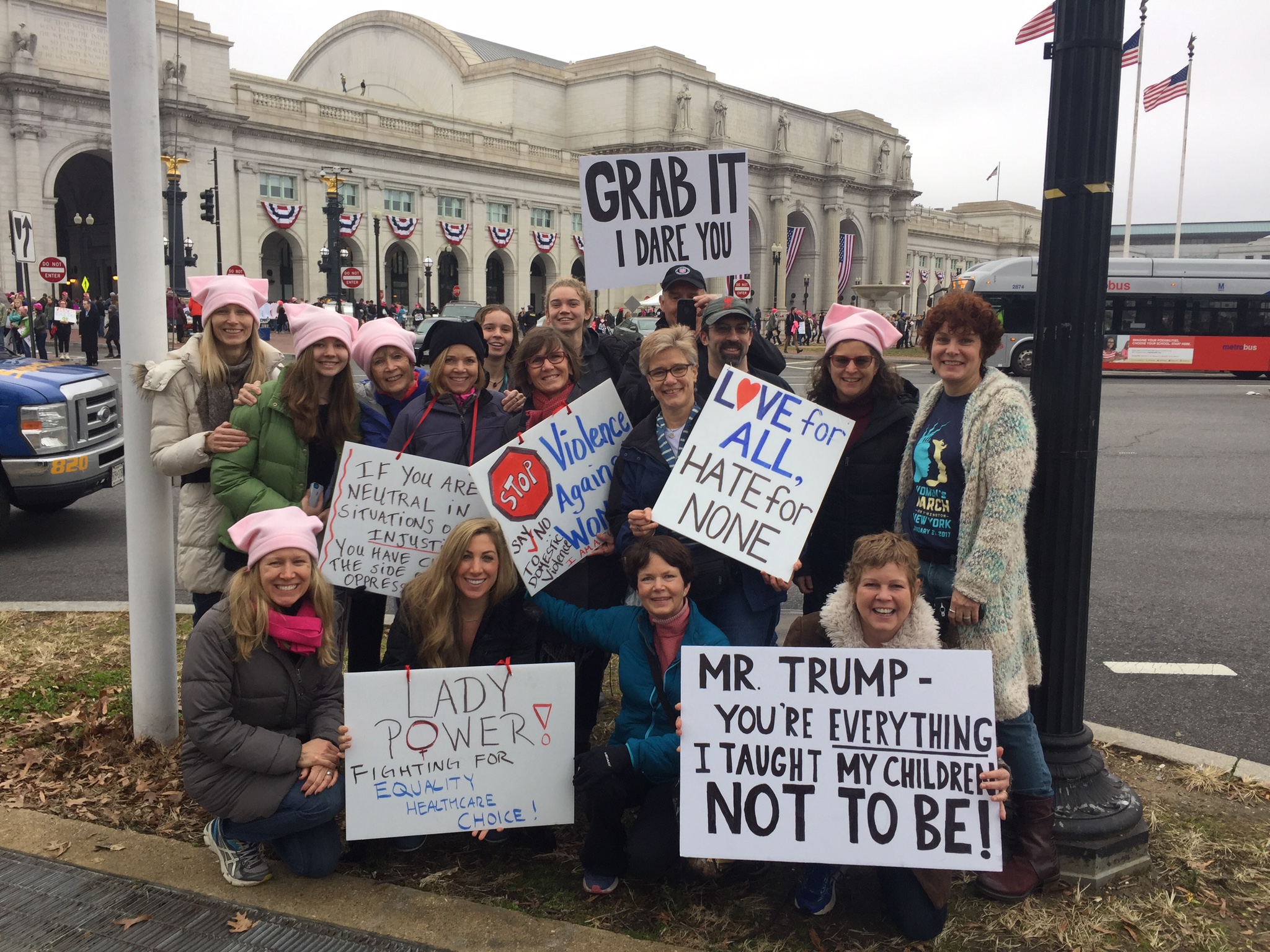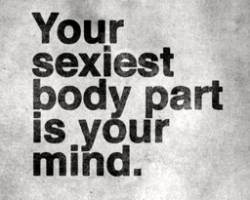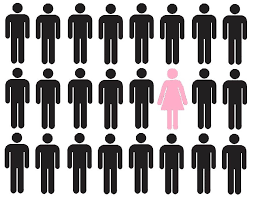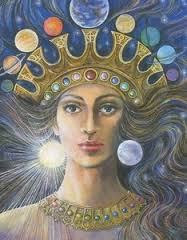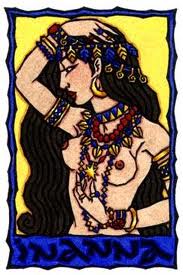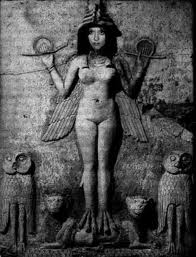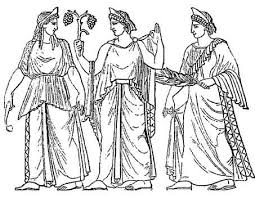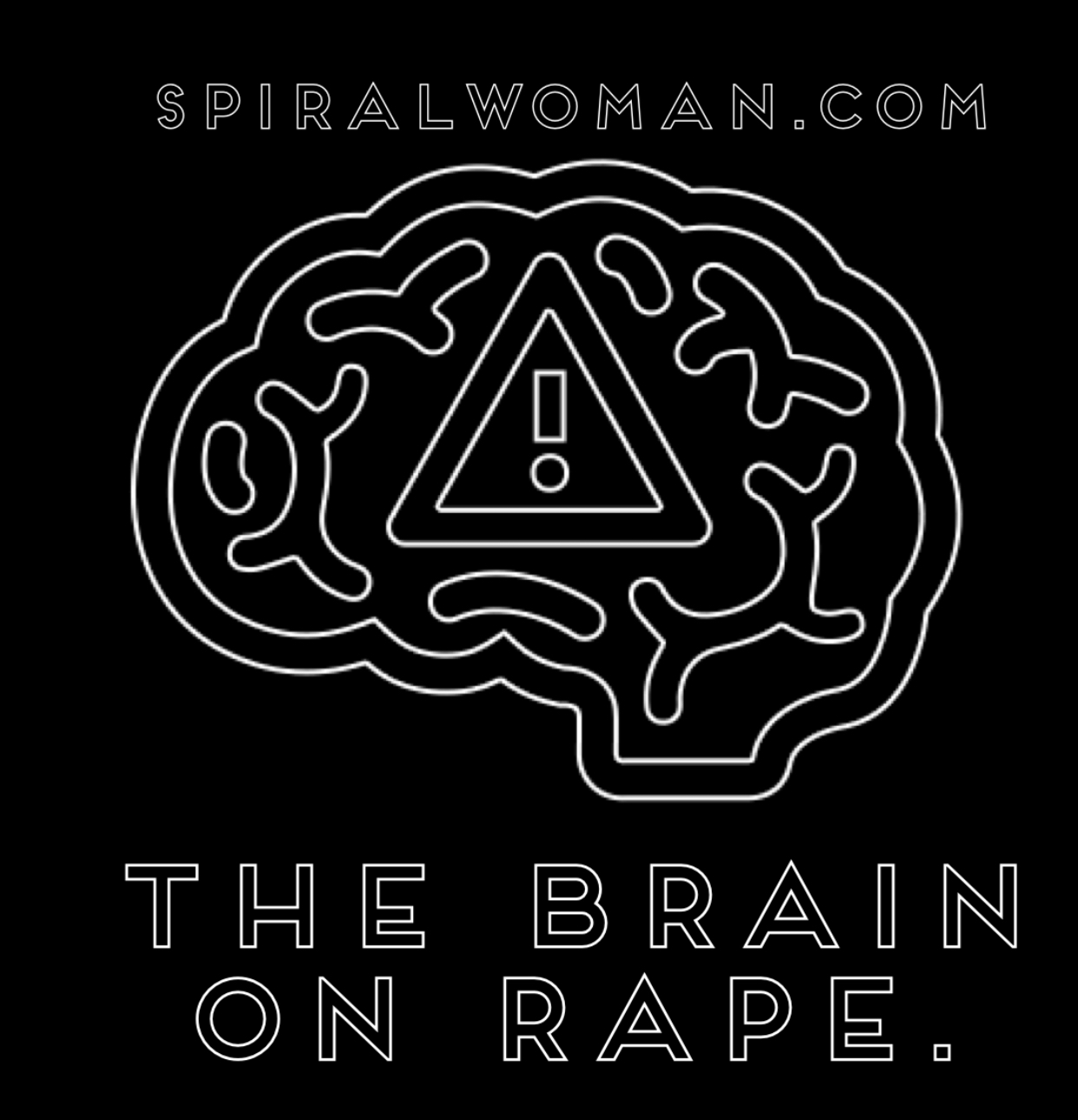 “I wronged you in the past,” came the LinkedIn message notification on my phone. It was late on a Friday afternoon. I was at work, plowing through as much as I could before the weekend.
“I wronged you in the past,” came the LinkedIn message notification on my phone. It was late on a Friday afternoon. I was at work, plowing through as much as I could before the weekend.
I did not recognize the name on the message. Whoever it was, he wanted to apologize.
For what? Who was he?
About an hour later, my brain miraculously coughed up a possible answer to the second of those questions. My friend Molly and I had once rented a house in Charlottesville from someone whose son also lived there. Could that guy be this guy? We used a nickname for him—one that seemed to align with his adult, LinkedIn name. This is an example of a brain doing something remarkable, because that is literally the only thing it has offered up to me from the locked vault since I received that message.
It turns out my brain’s suggestion was correct. That guy was this guy.
And at that moment, I had to face a hard fact. I had virtually no memory of the entire year. The only thing from that year that has been in my active memory files in the 40 years since is that I was living in that house when John Lennon was killed. That sliver is what allowed me to figure out what year it was. I Googled it. 1980. Got it.
That’s it. No actual memory of the house, my room, the street, any events from the year either at work, school, or home. I have subsequently learned that there were two other housemates, who lived in the basement. In a late-night Messenger conversation, Molly texted me numerous specific memories of all the roommates, the house, stuff we talked about and did— that I cannot conjure no matter how I try. An entire year—gone.
Including the rape that took place in my bedroom one night. I eventually listened to my rapist tell the story. It was not the story of a shared memory, where my brain provided images and feelings to fill in the edges. It was a brand-new story he told me, and the main characters were named “You” and “I.”
Let me back up a bit. Why did I ask for a call with my self-professed rapist?
- I wanted my questions answered.
- I wanted at least one black hole in my mind to be filled in.
- I wanted to control the conversation—no more surprising messages on LinkedIn or an apology via letter or email where he got to spin the narrative.
I asked him to talk the following Sunday. He agreed.
Friday afternoon—I was numb… like, kind of fine, actually, for a few hours. I called my sister and told her about the messages. “Are you okay?” was her first question. And I said, “I think so.”
Friday night into Saturday… definitely not okay. I have no clear explanation for the mental and emotional processes of the next several days. Rollercoaster, though painfully trite, gets close to being descriptive. Information overload. Brain overdrive. Heartache.
I had been raped a second time—a little over a year after the first one. And I had erased it, and all the months around it.
I felt as if he had just raped me, because until that Friday afternoon, I did not know he had.
The complete blank in my brain resulted in massive uneasiness and anxiety.
What happened?
I forget things. My brain learned the trick when I was very young. I forget so I can be strong. I forget so I can live as if it didn’t happen. I erase huge swaths of my life so I can feel better about my life.
So much forgotten time. Entire years, it turns out. That fact is a punch in my gut almost as heartbreaking as realizing I’d been raped not just once, but twice.
My housemate rapist looked for me, forty years later. He sought me out, found me on LinkedIn, and assumed I’d remember, just as he did, the events that took place. Also that I’d likely welcome his request to apologize. How could he have known that the event that has been with him for 40 years was only introduced into my consciousness by him?
His first messages were clumsy, unintentionally hurtful because rather clueless, and made me nervous about speaking to him. But I knew I needed to. Wanted to.
I processed the shit out of the whole situation all day Saturday. I spoke to my sister and my daughter, on the phone. My friends Mary (by chance she was in town) and Beth came over to sit with me that afternoon. We made a plan. I wrote my notes, my script, to help me get through the call. I got mad. At him: “How dare he contact me!” At myself. For forgetting. I sobbed intermittently with utter helplessness—once again I had to face my own vulnerability at the whim/hands/intentions of a man. I raged with fierce strength: “This does not define me.” I was exhausted.
The next day, Beth returned, to be by my side while I was on the phone.
I tapped in the number he’d given me. I vibrated all over as floods of adrenaline and cortisol had their way with my central nervous system. My voice shook when he answered the phone and I said hello.
Here’s the thing. I knew he wanted to apologize. That seemed, on the face of it, good. But I was not at all sure if he wanted to take responsibility—which was the only kind of apology that would actually help me. If his apology was for his own sake alone, I would know it. And it would hurt.
But it wasn’t.
Nothing can change what he did. He will have to live with that self-knowledge forever. But his actions on that Sunday afternoon on the phone were everything I could have hoped for, but had not hoped for.
He wanted the call to be healing. I did not think it could be.
But it was.
I led, he followed. I asked, he answered—with brutal honesty and full ownership of the awfulness of his choices and actions. He said the correct words: “I raped you.” He offered no excuses, and lay no blame or responsibility at my feet, as happens all too often.
I am not the only woman he is trying to find. There are two others. And for their sake, at the very end of our phone call, I offered him some suggestions about how he might do it differently next time. He thanked me.
He told me he had read my Me Too blog before he reached out to me—found my blog link on LinkedIn and then typed the words Me Too in the search bar. He thought he might find himself there—but it was someone else. When he messaged me, he already knew he was not the only man to violate me.
His wife was raped in college too, he told me. When she shared that information with him, when they were dating, he told her, “I did that.” He confessed the truth, that there are women out there, like her, because of him. He told me that their ability to work through those brutal facts, and every emotion on both sides, made all the difference to them. It took a long time and I don’t think it was easy. In the end, I had to respect him for that honesty with the woman he loved, and whom he could have lost.
It turns out we were housemates, not close, not friends, but friendly. He said he wasn’t the best housemate. I had to remind him to do his dishes.
After he told me what happened, I asked, “Why did you do it?”
“I was a privileged little shit.” Like so many upper-middle class white boys on college campuses, he imagined himself to be entitled to whatever he wanted. He thought he had magical powers to make women want his penis inside them. However it got there. The fact that he recognizes that now, and owns it, and refuses to be that guy anymore—well, it made an impression on me. As my heart broke for 20-year-old me, I recognized the growth and humility in him that makes him a human on a path, just as I am.
As for forgiveness, I’m not there yet, but I want to be. And I hope I’ll find my way to that place. I usually do.
The night he raped me, he knocked on my door. “I was lonely,” he said. “I asked if I could get in bed with you.”
His words triggered no memory. Still a blank. I sat in my sunny Sunday living room, tears dripping from my chin as I listened
He went on. “You were surprised, but you said, okay. Just to sleep.”
So he got in next to me.
I fell asleep. He didn’t.




